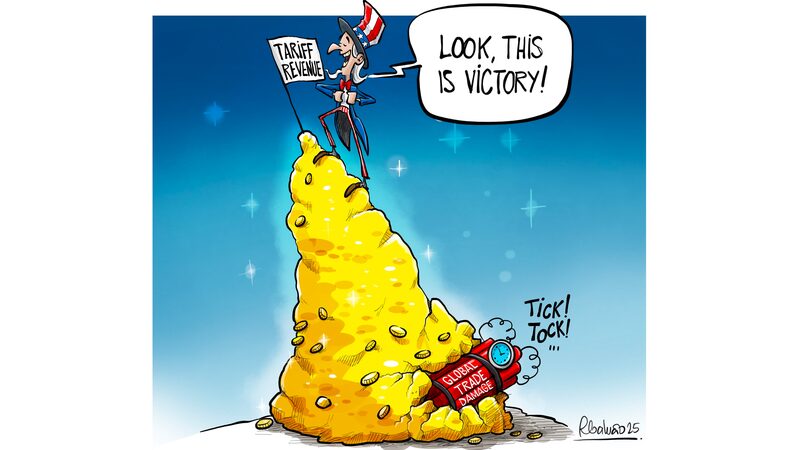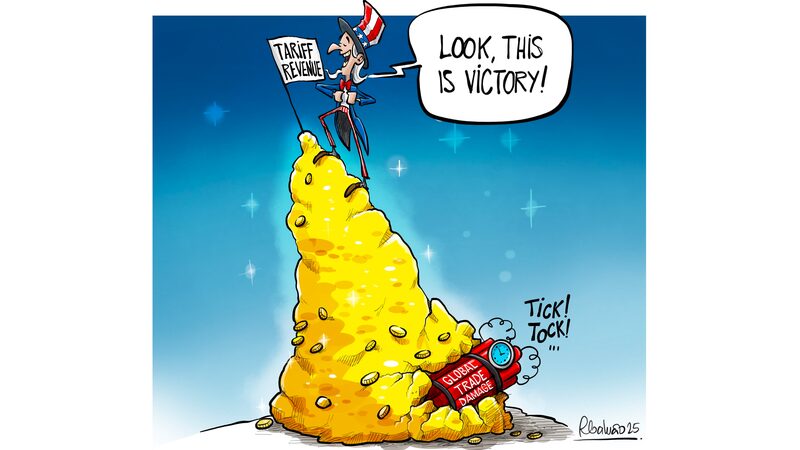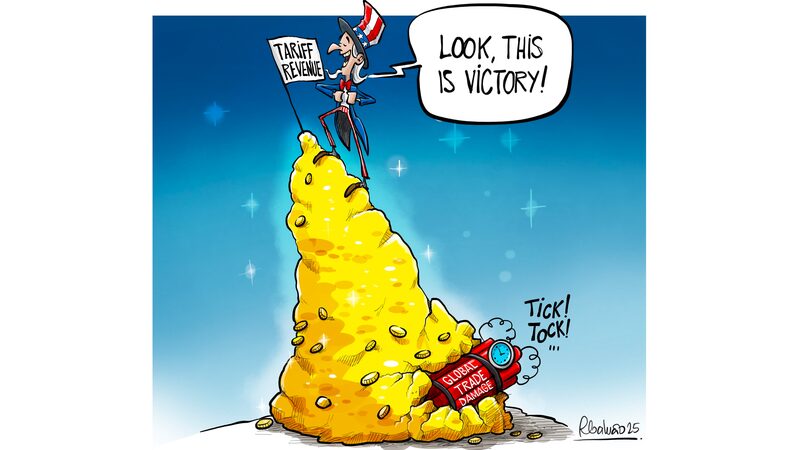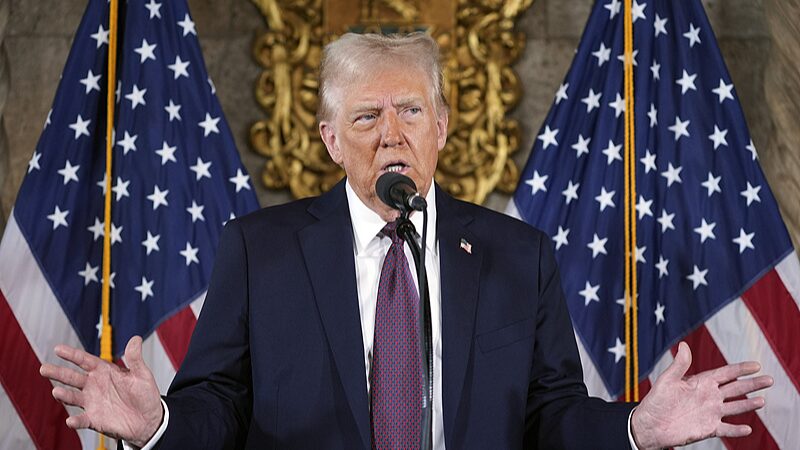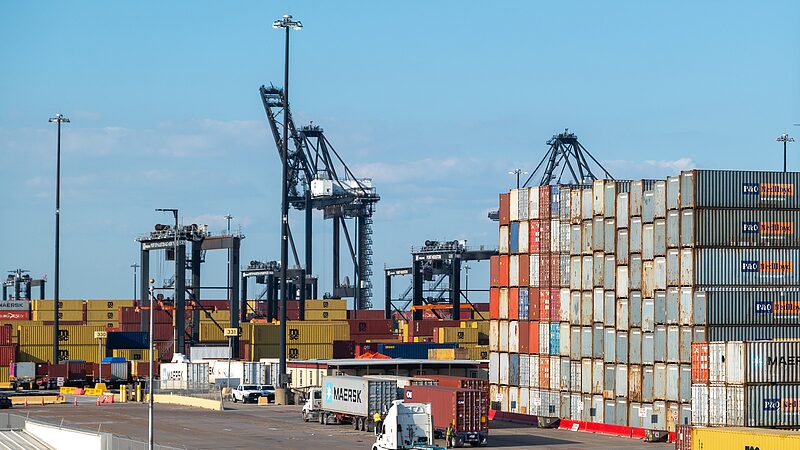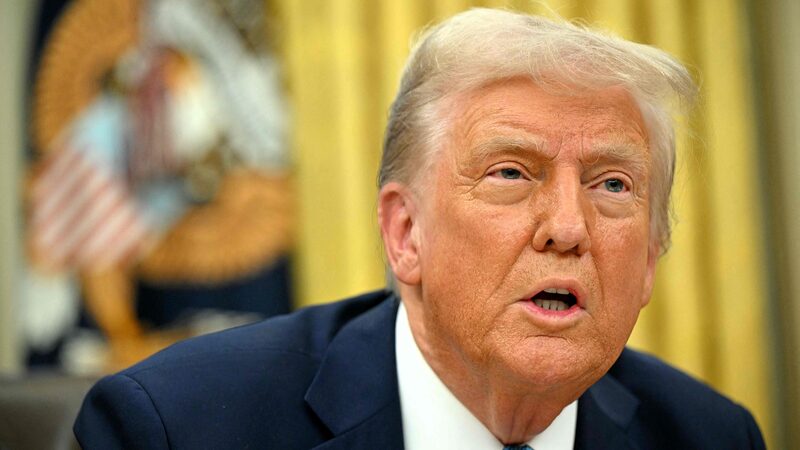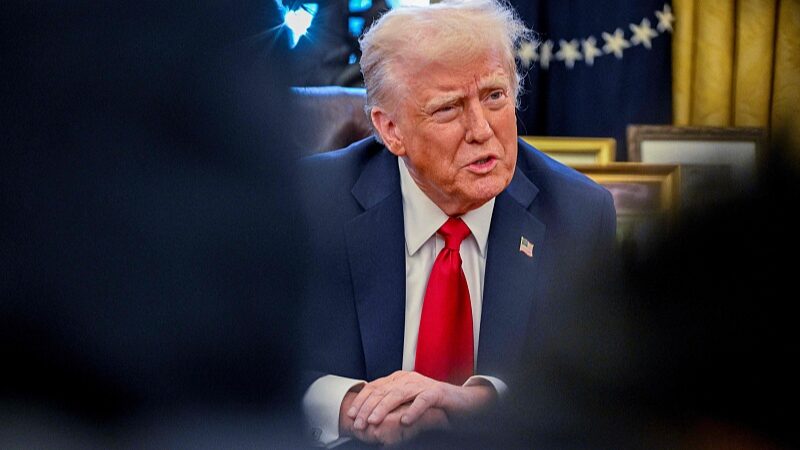The United States has once again turned to tariffs as a tool in its international trade policy, imposing new tariffs on Canada, Mexico, and China. While these measures are intended to reduce Washington's trade deficit and boost fiscal revenue, they risk igniting tensions in the global market and disrupting established supply chains.
At first glance, tariffs might seem like a straightforward strategy to protect domestic industries and negotiate more favorable trade terms. By taxing imported goods, the U.S. government aims to make foreign products less competitive compared to those produced domestically. This can encourage consumers to buy American-made goods, theoretically supporting local businesses and jobs.
However, the long-term implications of such policies are far more complex. International trade is deeply interconnected, and imposing tariffs can lead to retaliatory measures from affected nations. Canada, Mexico, and China are among the United States' largest trading partners, and heightened trade barriers could strain these crucial economic relationships.
The disruption of supply chains is a significant concern for businesses worldwide. Many industries rely on components and raw materials sourced from multiple countries. Tariffs increase costs not just for foreign exporters but also for domestic companies that depend on imported inputs. This can lead to higher prices for consumers and decreased competitiveness for businesses.
The escalation of trade tensions poses risks to the global economy. Markets thrive on stability and predictability, and uncertainty can hinder investment and growth. As countries respond to tariffs with their own measures, the prospect of a trade war looms—a scenario in which no nation truly benefits.
History has shown that trade wars can have far-reaching negative consequences. The ripple effects can dampen economic growth, increase unemployment, and strain diplomatic relations. In an era where globalization has tied economies together more than ever before, collaborative approaches to trade issues are essential.
In conclusion, while the United States may seek short-term gains through its tariff policy, the potential long-term costs could outweigh the benefits. It is crucial for nations to work together to address trade imbalances and disputes through dialogue and cooperation rather than unilateral measures. The health of the global economy depends on it.
Reference(s):
cgtn.com
